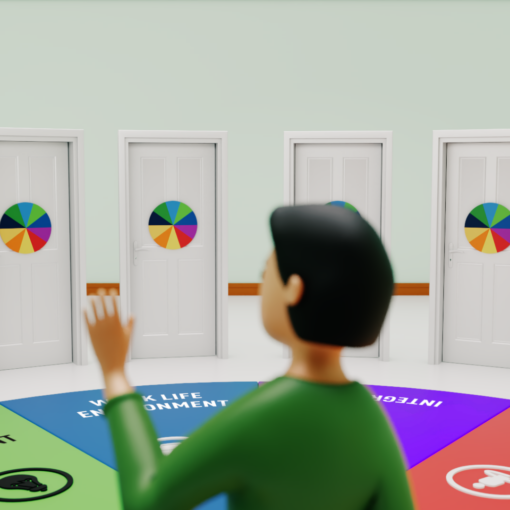
Opening Minds is a not-for-profit social enterprise that provides training and the tools to talk about mental health, change negative attitudes, and reduce stigma related to mental illness.
We established Opening Minds, and it is the largest systematic effort in Canadian history focused on eliminating stigma.
The number of people in Canada trained in an Opening Minds course is over 1 million and that number is growing.
Our courses are available in person and virtually. They’re tailored for every industry, workplace, classroom, and organization, no matter the size. Explore the potential of what we offer.




